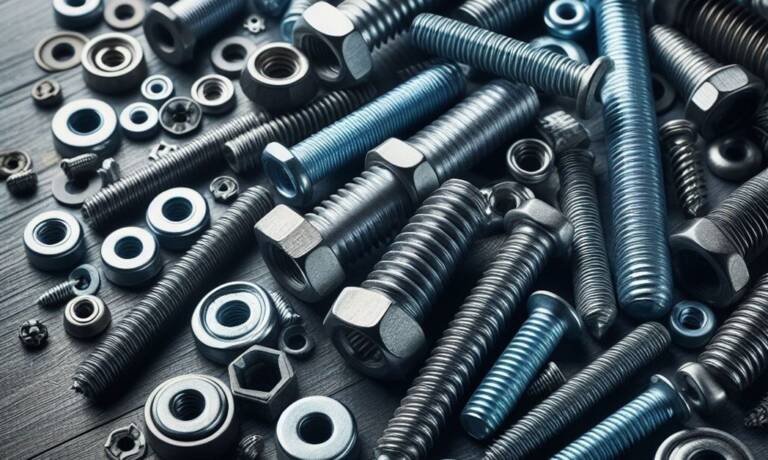The European Court of Justice risks causing chaos in international industrial standards

The European Court of Justice probably wanted to help the free market, but it laid the foundations for the creation of a global chaos over industrial standards that could have profound repercussions.
Earlier this month, the European Court of Justice (ECJ) ruled that there is an “ overriding public interest ” for the European Commission (Commission) in disseminating harmonized standards, opening a potential Pandora's box for development bodies standards which could have important implications for standards organizations and healthcare product developers who rely on those standards.
On March 5, the European Court of Justice overturned a lower court's ruling in Public.Resource.Org Inc. and Right to Know CLG v. the Commission , which had ruled that the Commission had the right to refuse to provide compliance standards in response to a freedom of information request. With the dismissal of that case, companies wishing to comply with a standard could obtain the standard from the Commission, rather than purchasing it from a standards body, such as the International Organization for Standardization (ISO) or the International Electrotechnical Commission (IEC ) or DIN.
Currently the compliance sheets for these standards are purchased by companies from various organizations paying considerable amounts, but not insignificant either: for example, the purchase of an electrical VDE standard costs 150 euros, and does not include subsequent updates. Some standards, such as those in the medical industry, are expensive and complex. So for some industries, these compliance sheets end up costing a lot of money, hence the lawsuit demanding they be made public without payments. After all, if they are standards treated as compliance obligations by the public authorities themselves, why shouldn't they be disseminated?
A legal problem
Harmonized standards are effectively treated by authorities and companies at the level of a legal norm, and knowledge of the laws, as a legal basis, must be made known to everyone free of charge. But they are developed by private organizations that rely on fees to get the job done. ISO is not, per se, a governing body, nor DIN, so until now they have been able to claim a copyright right to pay the engineers who create this document.
the historic choice of the Commission to entrust the setting of technical standards externally will have favored professionalism, but, at the same time, it has created an enormous legal problem because something that has legal force cannot be distributed for a fee. The genius of establishing a system that paid for itself was such that it hid, internally, a sensational error of judgment that confused public and private, confirming that things that appear too intelligent are often not.
Introducing the standards into European law has made them the subject of public law, and therefore they are no longer distributable for a fee. The EU pushed to force standards and spread them around the world, but, with its own work, it killed them.
An economic issue that can generate chaos
These standards are now discussed internationally, between European, Chinese, Indian and American standards bodies. All these bodies charge for them, but if the EU reveals the standards publicly, the possibility of monetizing them for other bodies also disappears. The situation can evolve in three directions:
- the EU can be excluded from other bodies in the definition of standards precisely to avoid their free diffusion;
- the issue of setting standards is taken up at state/community level, so it transforms from a technical issue to a political issue, with all that this entails. For example, let's imagine the USA playing in establishing norms with the Chinese state when each makes it a question of prestige and national prevalence;
- since it is no longer possible to remunerate the standardization bodies, they simply cease to issue standards and therefore each country, at most each company, does according to its own needs or ideas, obviously within the limits of the law. However, this risks generating an increase in costs because production companies, including subcontractors, will find themselves needing to adapt their production to a variety of production needs.
There would be a fourth solution: the EU stops including any links to technical standards in its legislation and, with a blanket rule, erases the previous references. It would be a nice way to separate what is a technical standard, set by autonomous technical bodies, and the law, clearly dividing public and private. However, this would go against the desire for total and absolute control that reigns in Brussels. So companies better prepare for a very chaotic time.

Thanks to our Telegram channel you can stay updated on the publication of new Economic Scenarios articles.
The article The European Court of Justice risks causing chaos in international industrial standards comes from Economic Scenarios .
This is a machine translation of a post published on Scenari Economici at the URL https://scenarieconomici.it/la-corte-di-giustizia-europea-rischia-di-causare-il-caos-negli-standard-industriali-internazionali/ on Mon, 25 Mar 2024 12:00:25 +0000.
